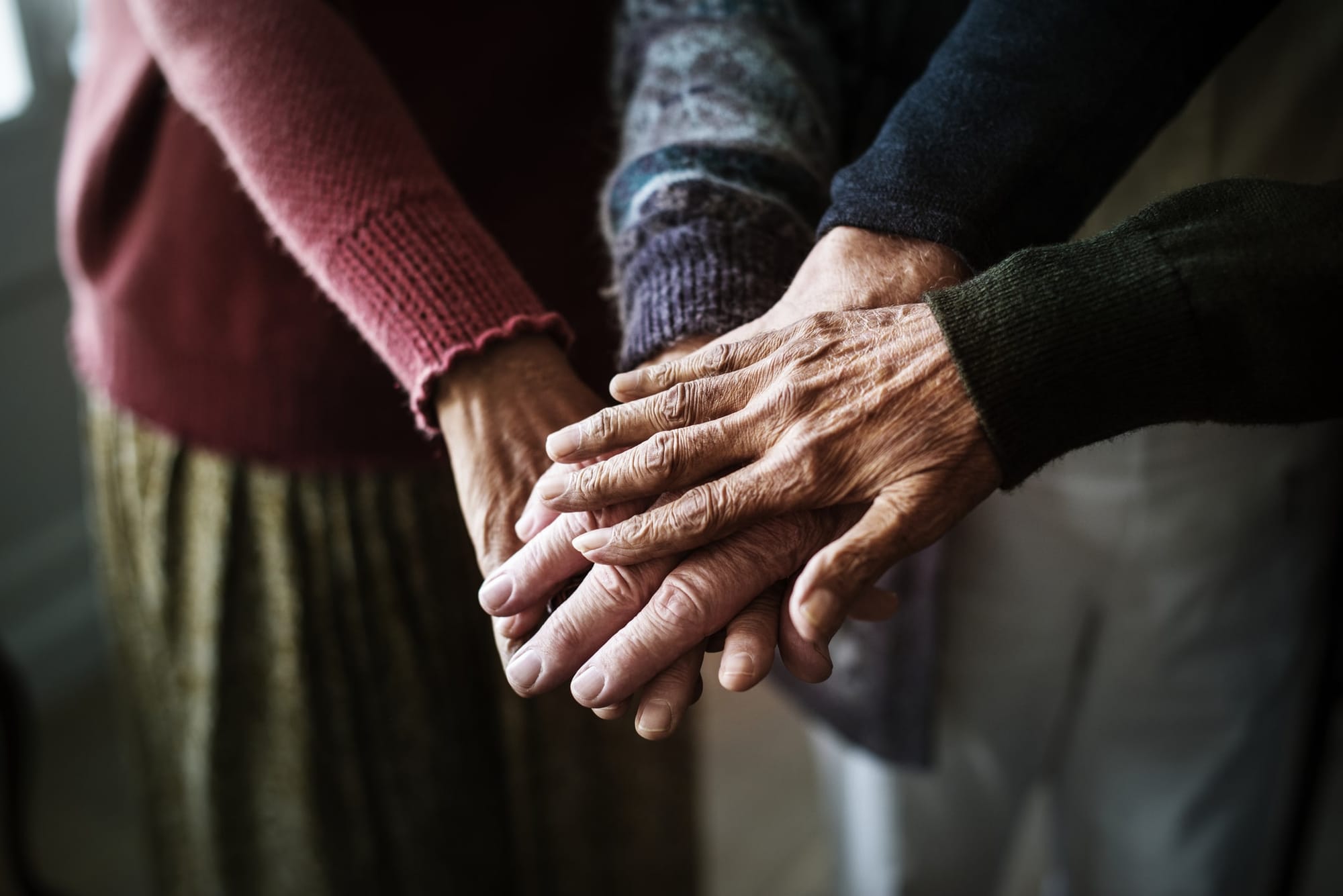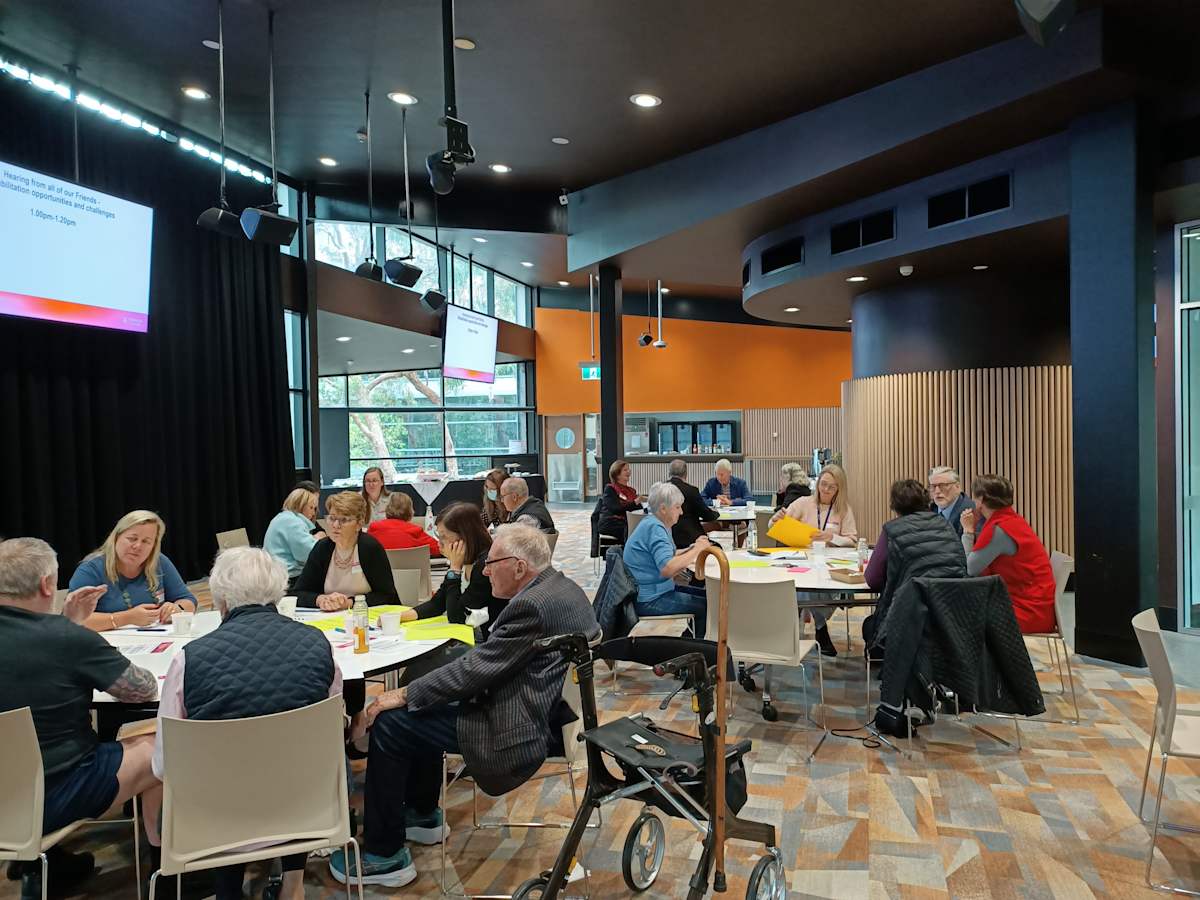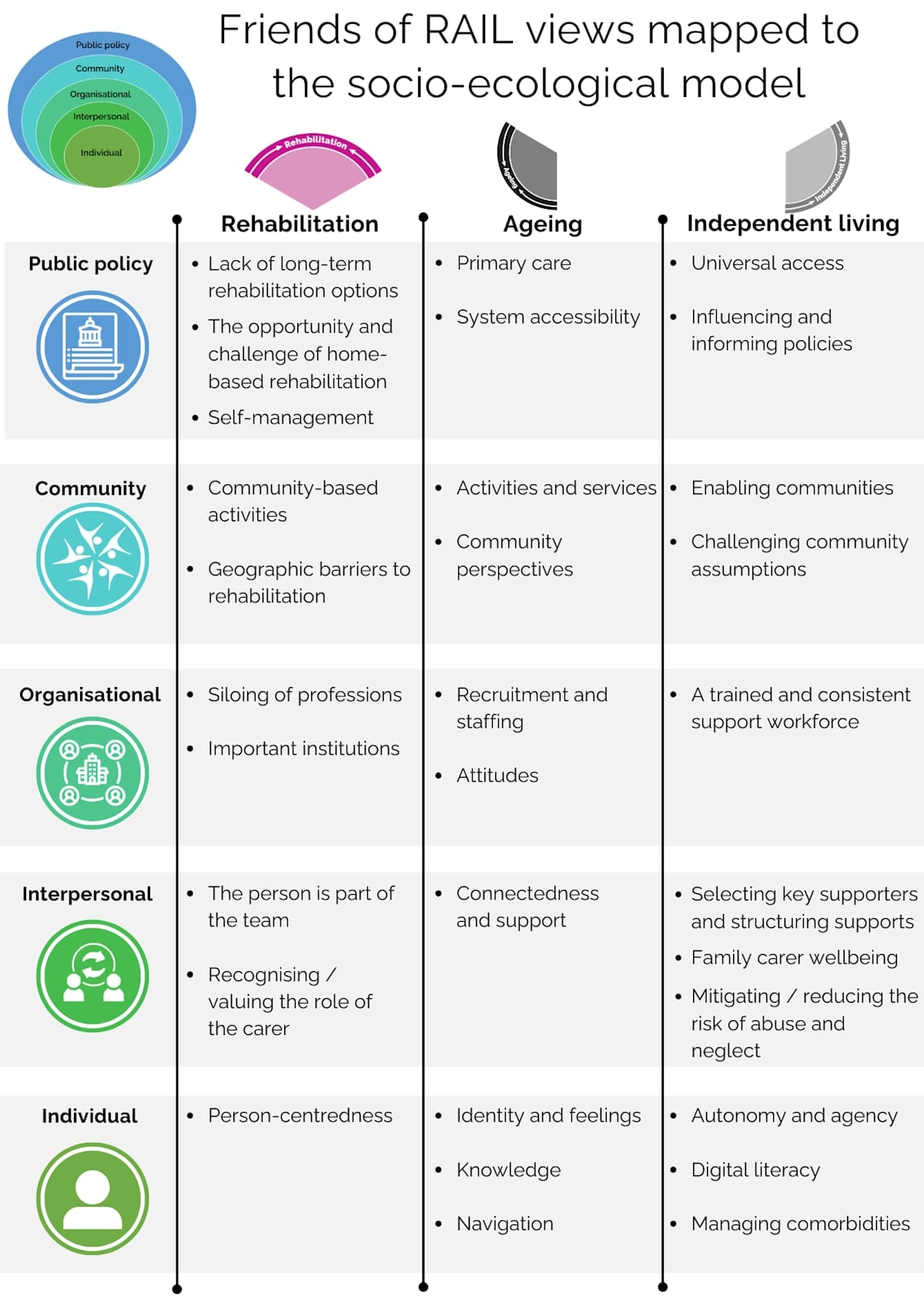
How can we ensure research truly addresses the needs of those it aims to serve? Community and consumer stakeholder involvement in health professional research is invaluable, particularly in ensuring researchers effectively learn from and collaborate with people with lived and living experience.
The importance of including a range of stakeholders in research cooperation and engagement is well-documented, with stakeholders including “individuals, organisations or communities that have a direct interest in the process and outcomes of a project, research or policy endeavour”.
Engaging consumers across the research continuum has been shown to provide positive opportunities for individuals, researchers, and broader systems and stakeholders to collaboratively design questions and build co-produced evidence to improve social and healthcare outcomes.
Establishing communities of motivated stakeholders, including research end-users, in partnerships with academia, may solve existing challenges in designing and implementing pragmatic research while achieving evidence-based knowledge translation into policy and practice.
Establishing a community network
Monash University’s Rehabilitation, Ageing and Independent Living (RAIL) Research Centre was established in the School of Primary and Allied Health Care in mid-2019, as Monash’s centre for allied health research.
Consumer and community perspectives are central to the work of RAIL, and in 2021, the RAIL Research Centre established a consumer and community network called Friends of RAIL. This network includes end-users or consumers of health and disability services.
Membership is voluntary and free, with members receiving newsletters, providing input to the centre's planning and development, and having access to free education events, e-news, and program opportunities. Friends of RAIL now has 57 members of all ages and abilities.

Listening and learning from lived experience
As Friends of RAIL has expanded, so have RAIL’s consumer engagement activities. In 2023, our appointed consumer lead (that is, our “Head Friend”), centre director, research stream leads, and consumer and community engagement lead designed a program of engagement.
This included five distinct phases and ran from late 2023 to early 2025:
- Phase one: In-depth interviews were undertaken with three Friends of RAIL with lived experience across our three streams of work to explore their perspectives on opportunities and challenges in healthcare and rehabilitation, ageing and aged care, and independent living and disability services. Each interview was audio-recorded, transcribed verbatim and thematically analysed by an experienced qualitative researcher from the RAIL Research Centre.
- Phase two: The key themes from these interviews were presented back to the three informants, who reviewed and edited them. Final themes were taken to a workshop with Friends of RAIL members in November 2023. In this workshop, the perspectives and reflections of the interviewees regarding these themes were explored. Friends of RAIL also added insights from their individual lived experiences, which were recorded verbatim on written notes either by themselves or with support.
- Phase three: The RAIL research stream leads, senior research and postdoctoral research fellows, and the consumer and community engagement lead then undertook a content analysis of verbatim notes from the workshop and mapped this content to the Socio-Ecological Model.
- Phase four: The draft mapping to the model was presented back to the Friends of RAIL in a second workshop hosted online in July 2024 to enable consumer and community member checking and peer debriefing. Feedback received (using online polling and the chat function for open-ended responses) was incorporated into the final phase of work.
- Phase five: The Friends of RAIL White Paper was finalised based on the feedback received. The figure [? below – wherever it is located on the page] provides an overview of the mapping of the opportunities and challenges that exist in rehabilitation, ageing and independent living from the perspective of Friends of RAIL.

The Friends of RAIL White Paper was formally launched with our Friends of RAIL network last month, and is available for download here, or in hard copy upon request.
One of our Friends, Raylene – who was part of the consumer and community co-design team on the project ‘Tools for ageing well with brain injury’, led by RAIL rehabilitation stream lead Dr Christina Ekegren and the University of Sydney – spoke at the launch of White Paper and said: “Our opinions and ideas are respected.”
RAIL highly values our Friends of RAIL network and the ongoing expertise they contribute to our research centre and the projects delivered.
The future of rehabilitation, ageing, and independent living
The Friends of RAIL network exemplifies the value of consumer and community involvement, providing insights and shaping the future of our research, education and programs.
By listening to and learning from those with lived experience, research can become more effective and impactful.
This article was co-authored with Friends of RAIL Consumer and Community Representative (and “Head Friend”) Grainne Cruickshank. We invite new members to join the Friends of RAIL network and contribute to the important work the RAIL Research Centre is undertaking by filling out the short form available here or via monash.edu/medicine/spahc/rail/friends-of-rail.





